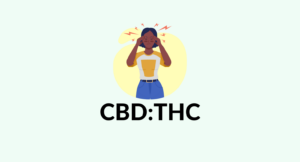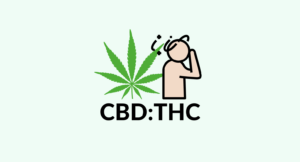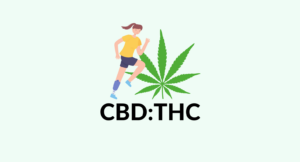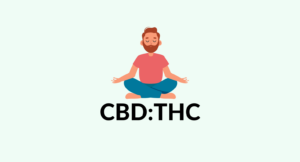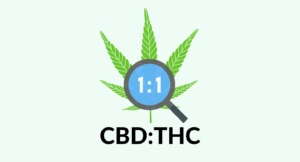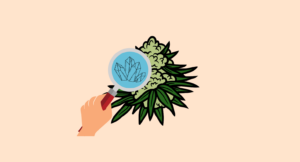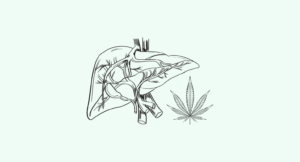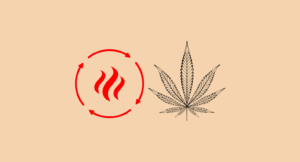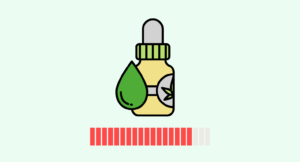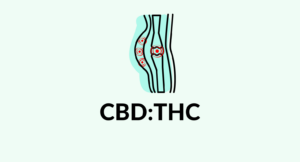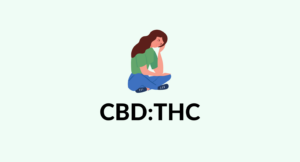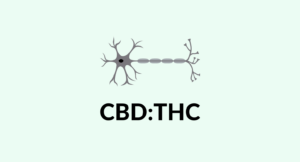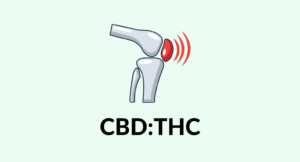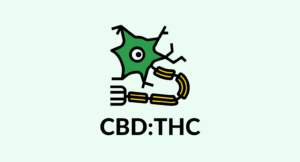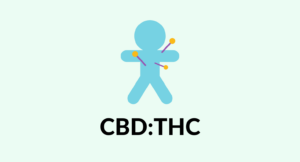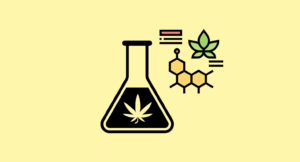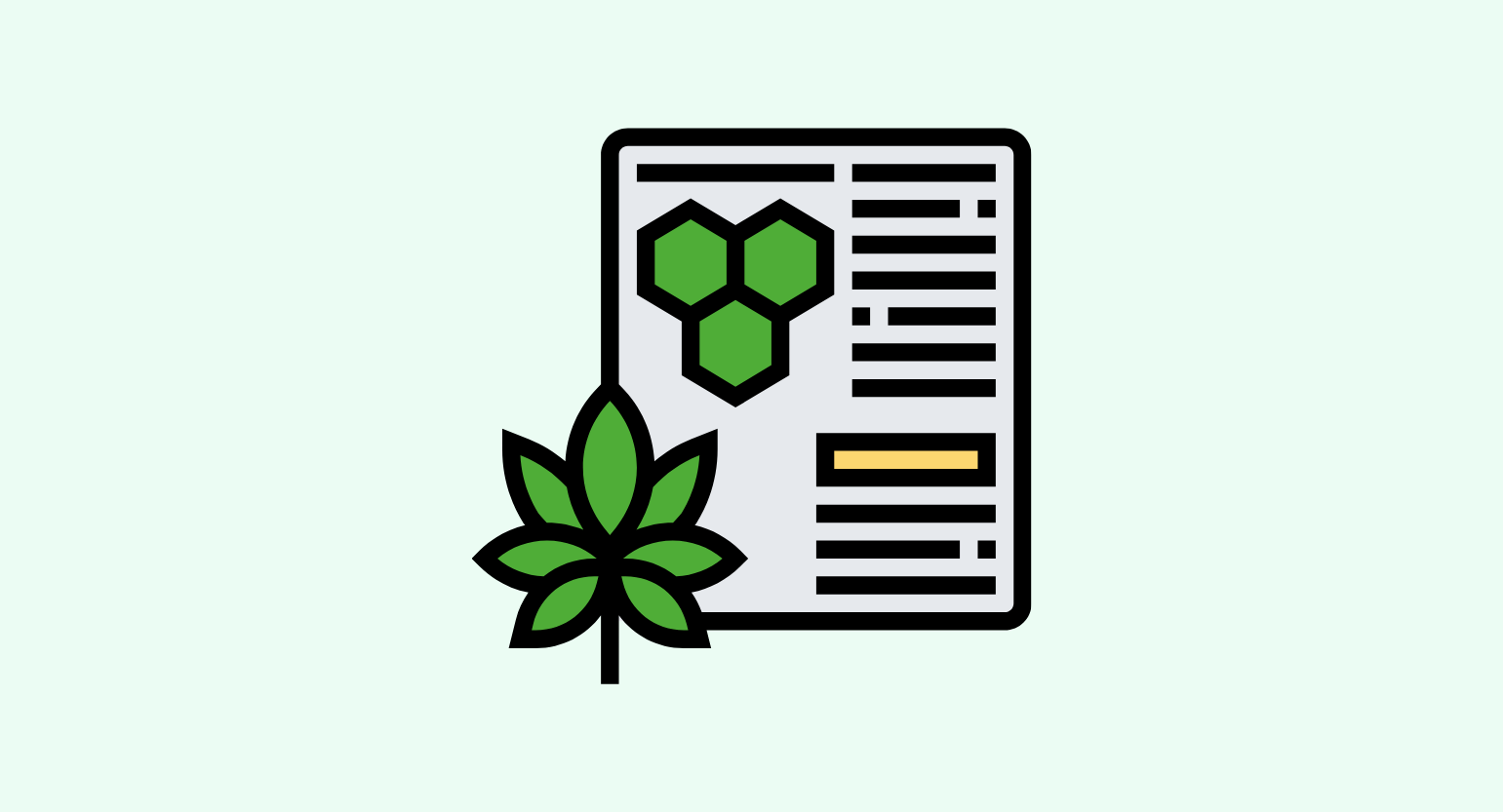
Evidence based
Is There THC In CBD Oil?
Some CBD oils contain trace amounts of THC — but is it enough to get you high or make you fail a drug test? Here’s what you need to know about THC in CBD oil.
Is there THC in CBD oil? The answer depends on the type of CBD extract used in your CBD oil — full spectrum, broad-spectrum, or CBD isolate.
Full-spectrum CBD oil contains trace amounts of THC, whereas broad-spectrum and CBD isolate don’t contain any THC.
With less than 0.3% THC, full-spectrum CBD oils do not cause a weed-like “high.” It’s also very unlikely to fail a marijuana drug test after taking full-spectrum CBD.
Trace amounts of THC in CBD oil can contribute to the entourage effect, which may increase the effects of CBD.
Does CBD Oil Contain THC?
Some CBD oils contain THC, but the most important thing to remember is that all CBD products contain less than 0.3% THC. Even if there are trace amounts of THC in your CBD oil, it’s extremely unlikely for the small amount to make you feel any sort of high.
This is why some CBD oils contain trace amounts of THC:
CBD, or cannabidiol, is a cannabinoid extracted from the hemp and cannabis plants. Hemp and cannabis plants also contain other cannabinoids, like CBC, CBDV, CBN, CBG, delta 9 THC, and more.
There are upwards of 100 cannabinoids and terpenes in the cannabis plant — each one with its own distinct set of effects.
When labs create CBD oil, they extract certain compounds from the plants. The extracts are then combined with carrier oils such as MCT or hemp seed oil at various concentrations and bottled.
CBD oils are marketed and sold based on the compounds in the extract used for that oil. Some extracts contain THC, while others remove the THC entirely.
Keep in mind that small amounts of THC are actually helpful and provide a boost of health benefits to the oil. Only when THC exceeds around 1% will the oil start to exhibit mild psychoactive effects.
Suggested Reading: The Best CBD:THC Ratio For Anxiety.
Three Types of CBD Extract
There are three types of CBD extract: full-spectrum, broad-spectrum, and CBD isolate. When you’re buying CBD oil, look for these classifications in order to determine whether the product contains any THC.
1. Full Spectrum CBD Oil — Contains THC
Full-spectrum CBD oil contains all of the naturally occurring cannabinoids and terpenes that come along with CBD during extraction.
All of these compounds are bound together, and full-spectrum CBD doesn’t go through a secondary extraction process to isolate any of them.
The final extract contains these cannabinoids and terpenes, which contribute to the entourage effect and the taste of the oil. Although there are trace amounts of THC in some full-spectrum CBD oil, it is always below the concentration of 0.3%.
2. Broad Spectrum CBD Oil — Doesn’t Contain THC
Broad-spectrum CBD oil contains all of the naturally occurring cannabinoids and terpenes except for THC.
Other cannabinoids and terpenes might also be removed from the extract used to make broad-spectrum CBD products.
The benefit to broad-spectrum CBD is that you can take advantage of the entourage effect, as well as enjoy the benefits of the other compounds in their own rights, without any risk of consuming THC.
3. CBD Isolate — Doesn’t Contain THC
CBD isolate is the purest form of CBD, containing no other terpenes, cannabinoids, or phytochemicals. CBD isolate typically comes in powder form, but it can be used to create DIY CBD oils.
This option is beneficial for users who don’t want to consume THC even in trace amounts, whether that is due to high sensitivity, upcoming drug tests, or any other reason.
The potential drawback to CBD isolate is the inability to take advantage of the entourage effect.
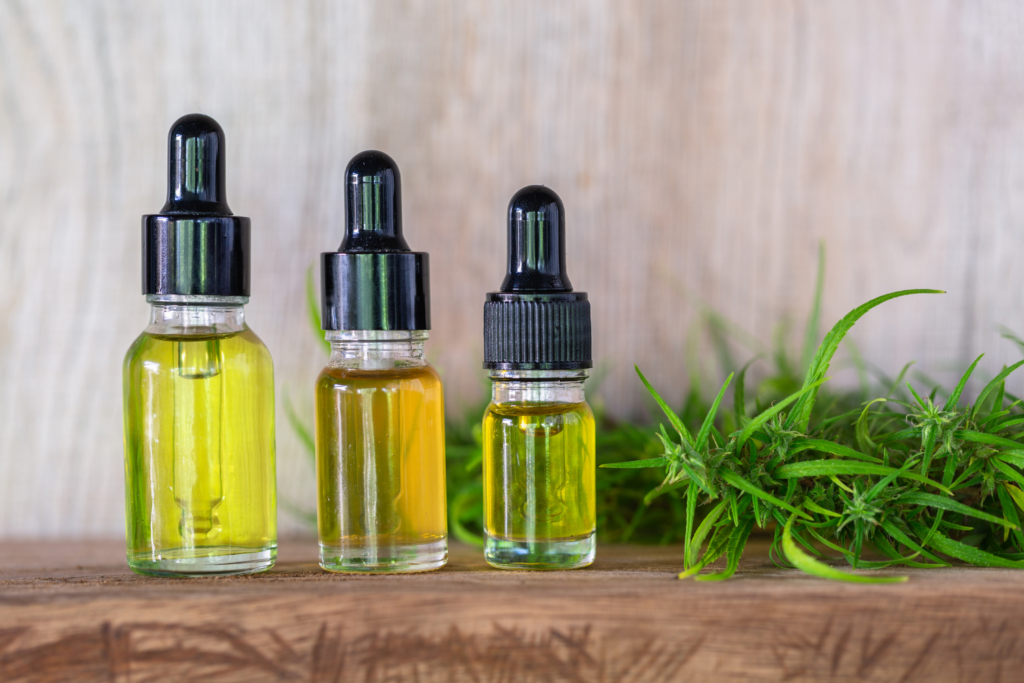
Will CBD Oil Get You High?
No, CBD oil will not get you high.
Although it’s possible to experience intense relaxation because of CBD’s numerous health benefits, like remedying inflammation, nausea, and pain, there is no weed-like “high” associated with CBD.
However, THC is one of the cannabinoids that can contribute to the entourage effect — the phenomenon that increases the effects of CBD when it’s taken in conjunction with other cannabinoids.
There’s nothing wrong with getting high from THC while you’re on CBD, and some researchers suggest it may even enhance the effectiveness of the CBD.
Will CBD Oil Make You Fail A Drug Test?
It’s technically possible for any CBD extracts to cause a failure on a drug test for marijuana.
However incredibly unlikely because of the super low concentration of THC in CBD products.
Even full-spectrum CBD products are unlikely to lead to a failure — but it’s still theoretically possible.
If you’re concerned about an upcoming test, opt for a CBD isolate. Broad-spectrum oils may work too, but most of them aren’t as THC-free as they claim.
Can CBD Turn To THC In Your Stomach?
Although one study simulated gastric fluid that caused CBD to isomerize into THC, there is no scientific evidence that this phenomenon occurs in human stomachs.
This has been used to explain why some people describe a high-like feeling after taking CBD, but the more realistic explanation is that the relief from pain and discomfort caused by CBD may cause a euphoric or elevated mood.
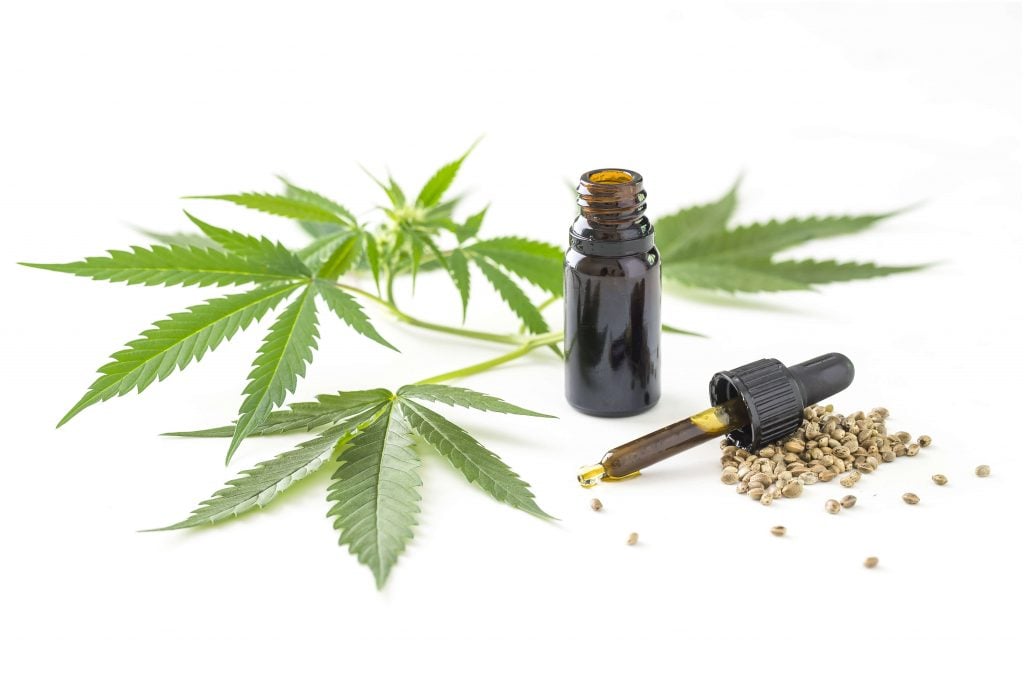
Key Takeaways: Is There THC In CBD Oil?
The short answer is: sometimes.
Full-spectrum CBD oil usually contains trace amounts of THC, while broad-spectrum CBD oil typically doesn’t contain any THC.
CBD isolate is just the CBD compound, with no THC or any other cannabinoids or terpenes.
The trace THC present in some CBD oil might contribute to the entourage effect, but it won’t cause a high or a failed drug test. Even though there isn’t enough THC in CBD oil to cause any psychotropic effects, always make sure to dose your CBD properly for the best experience.
